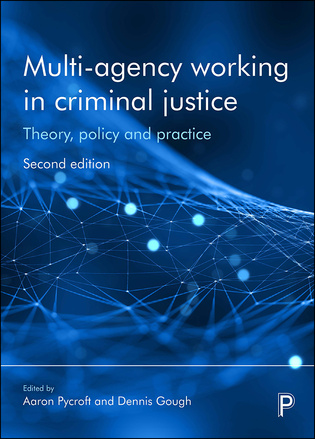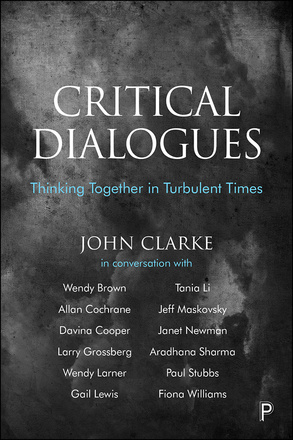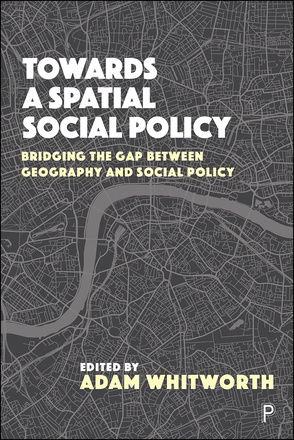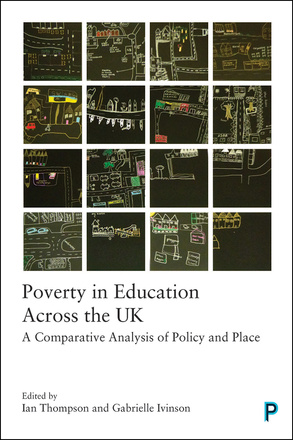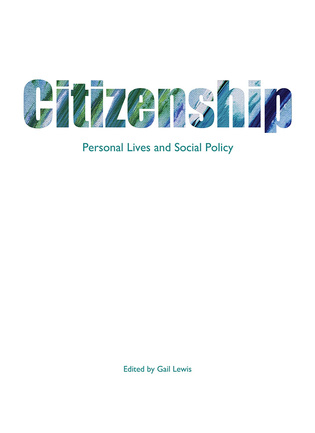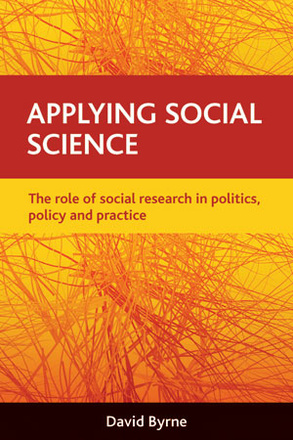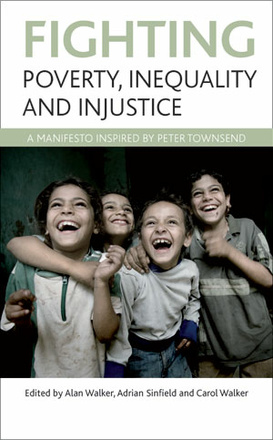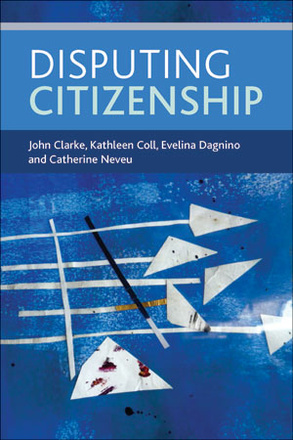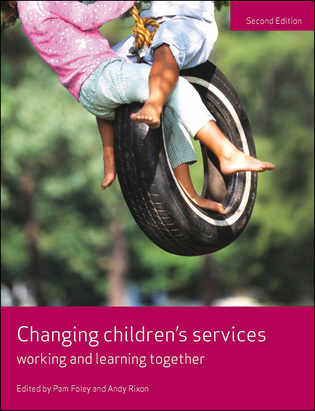Social policy
Social Policy First Hand
An International Introduction to Participatory Social Welfare
Social Policy First Hand is the first comprehensive international social policy text from a participatory perspective and presents a new service user-led social policy that addresses the current challenges in welfare provision.
Multi-Agency Working in Criminal Justice
Theory, Policy and Practice
Fully revised and expanded to encompass the most up-to-date theory, policy and practice, this comprehensive text considers the different aspects of multi-agency working within criminal justice, bringing together probation, policing, prison, social work, criminological and organizational studies perspectives.
Critical Dialogues
Thinking Together in Turbulent Times
In this engaging and original book, John Clarke is in conversation with twelve leading individual scholars about the dynamics of critical thinking in the social sciences, and he reflects on the necessity of thinking collaboratively and dialogically.
Towards a Spatial Social Policy
Bridging the Gap Between Geography and Social Policy
Bringing together experts from both fields, this collection illuminates the myriad of ways that human geography offers rich insights conceptually, empirically and methodologically into the neglected spatialities of social policy scholarship, practice and experience.
Modernising the welfare state
The Blair legacy
This book, the third in Martin Powell's New Labour trilogy, analyses the legacy of Tony Blair's government for social policy, focusing on the extent to which it has changed the UK welfare state.
Poverty in Education Across the UK
A Comparative Analysis of Policy and Place
The nuanced interconnections of poverty and educational attainment across England, Scotland, Wales and Northern Ireland are explored in this unique analysis. Experts investigate how different educational structures and policies affect teachers’ engagement with marginalised groups and consider how inequalities might be reduced.
Citizenship
Personal lives and social policy
Citizenship: Personal Lives and Social Policy adds a new dimension to the citizenship literature by using citizenship as a lens through which to explore the relation between personal lives and social policy. The authors draw upon a range of theoretical perspectives, including feminist, psychoanalytic and Marxist.
Applying social science
The role of social research in politics, policy and practice
This important book examines how social science is applied now and how it might be applied in the future in relation to social transformation in a time of crisis.
Fighting poverty, inequality and injustice
A manifesto inspired by Peter Townsend
This important book brings together many of the leading contributors in the field and provides a compelling manifesto for change in social justice.
The Squeezed Middle
The Pressure on Ordinary Workers in America and Britain
"The squeezed middle" brings together leading experts from both sides of the Atlantic to ask what the UK can learn from the US experience of stagnating wages and rising living costs.
Disputing Citizenship
This unique book presents a new perspective on citizenship by treating it as a continuing focus of dispute. The authors develop a view of citizenship as always emerging from struggle through an exploration of the entanglements of politics, culture and power that are both embodied and contested in forms and practices of citizenship.
Changing Children's Services
Working and Learning Together
This book focuses on the drive towards increasingly integrated ways of working in children’s services across the UK. The new edition of this bestselling textbook critically examines the potential and reality of closer ‘working together’, asking whether such new ways of working will be able to respond more effectively to the needs of children.








